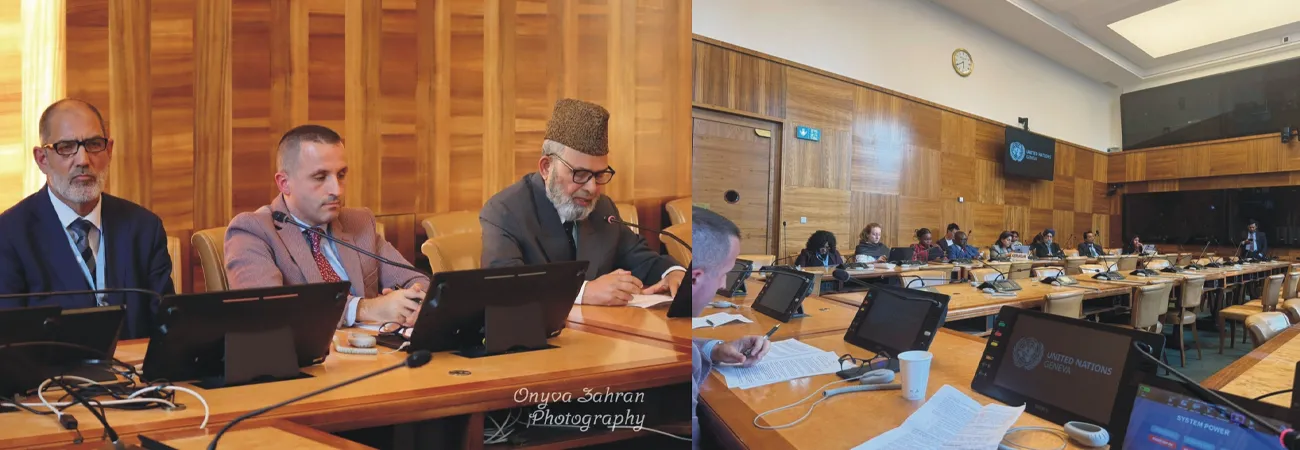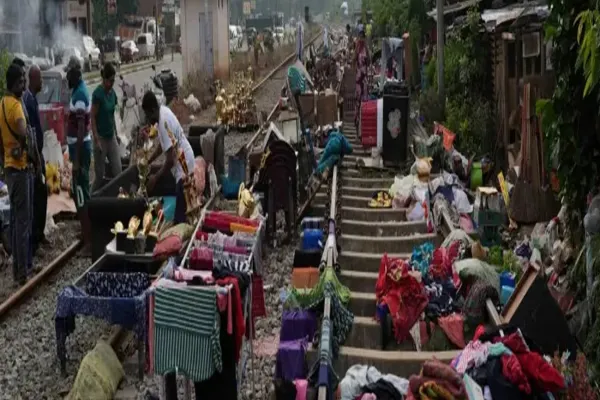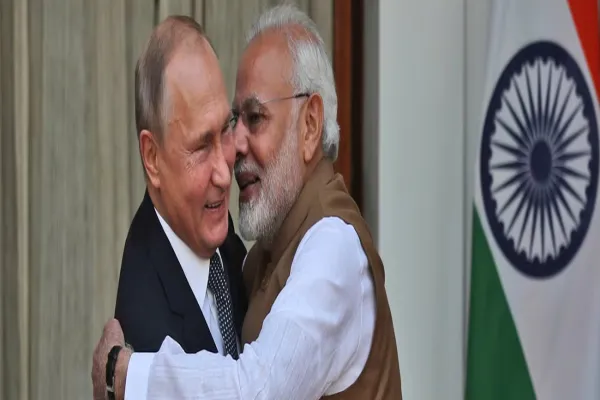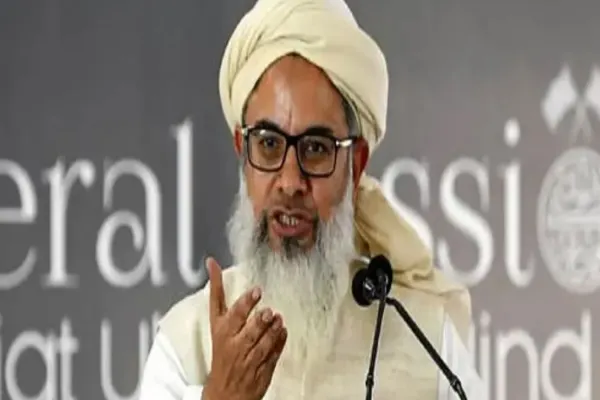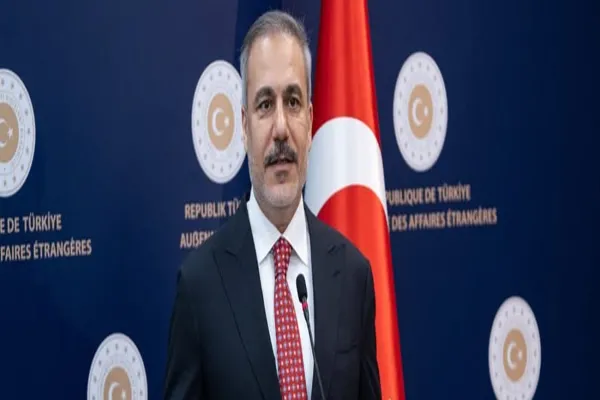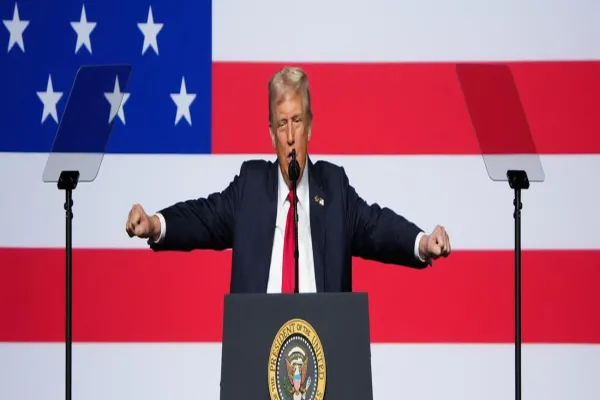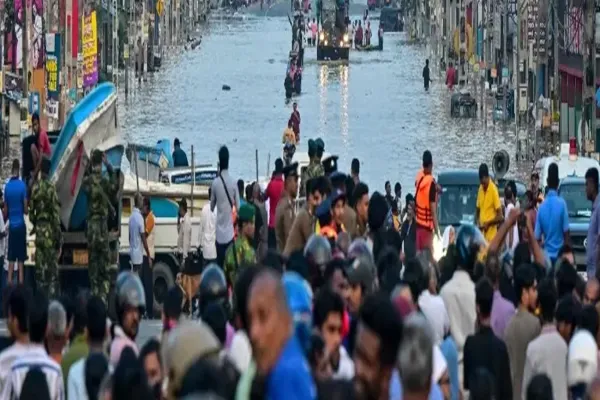i NEWS INTERNATIONAL
The World Muslim Congress (WMC), in collaboration with the Kashmir Institute of International Relations, convened a seminar on the sidelines of the 60th session of the UN Human Rights Council in Geneva to highlight the systemic erosion of cultural and religious rights in Indian illegally occupied Jammu and Kashmir. The seminar, held on Monday, brought together scholars, human rights advocates and witnesses who described India’s long-term policies of cultural assimilation as an “Indian cultural invasion” that has intensified since 5 August 2019, when the former state was dismantled into two Union Territories.
The panel of speakers included Altaf Hussain Wani, Dr. Mustafa Blerim, Dr. Rabort Fitina, Marry Scully, Ghulam Muhammad Safi, and Shomuly Hogue. Speakers emphasized that New Delhi’s measures over the past three decades have not only curtailed political rights but have also systematically targeted Kashmiri cultural and religious life. Documented patterns of abuse discussed included book bans and censorship, restrictions on religious practices, manipulation of historical memory, neglect of cultural and religious sites, and demographic changes designed to dilute Kashmiri identity.
Testimonies further described deep psychological and social harms inflicted by cultural marginalization, with impacts on language, education, religious practice and communal memory. Experts situated these restrictions within international legal frameworks, underlining states’ obligations to protect cultural rights and heritage.
The seminar concluded with strong appeals for accountability of India and its occupation forces. Participants urged the Human Rights Council to establish an independent international fact-finding mechanism, called on UN Special Rapporteurs to investigate violations, and demanded immediate remedial steps including lifting book bans, restoring cultural and religious sites, and protecting Kashmiri cultural memory through support for archives and institutions.
The speakers unanimously reaffirmed that any durable resolution of the Kashmir dispute must respect the people’s inalienable right to self-determination alongside the protection of their cultural and religious rights. The WMC announced that it will publish the full seminar proceedings, supporting documentation and a policy brief with detailed recommendations for the Human Rights Council and UN mandate-holders, while continuing to coordinate with civil society and academic partners on follow-up.
Credit: Independent News Pakistan (INP)



